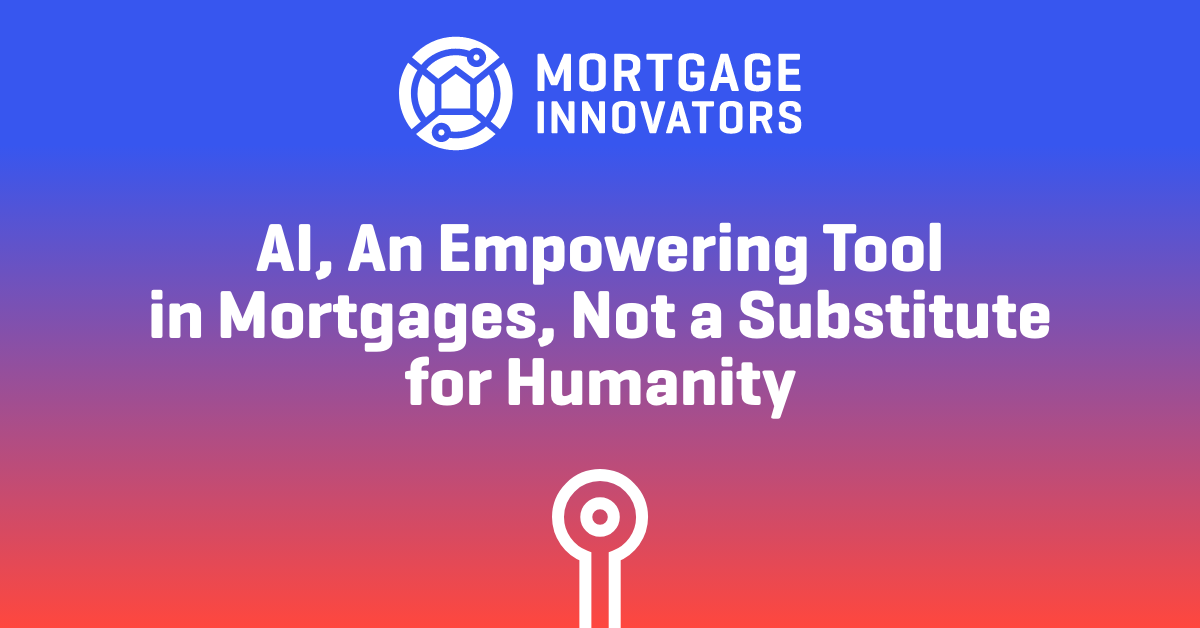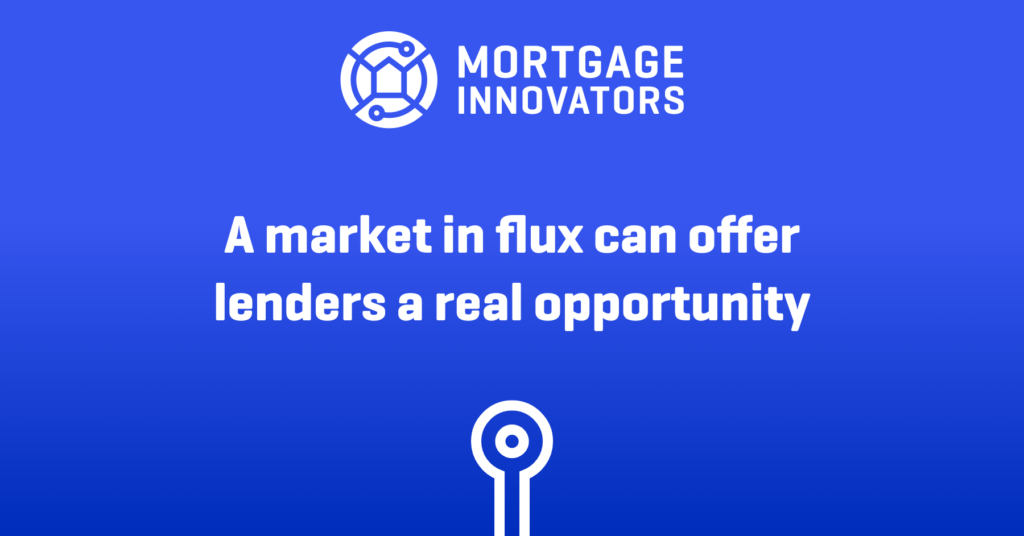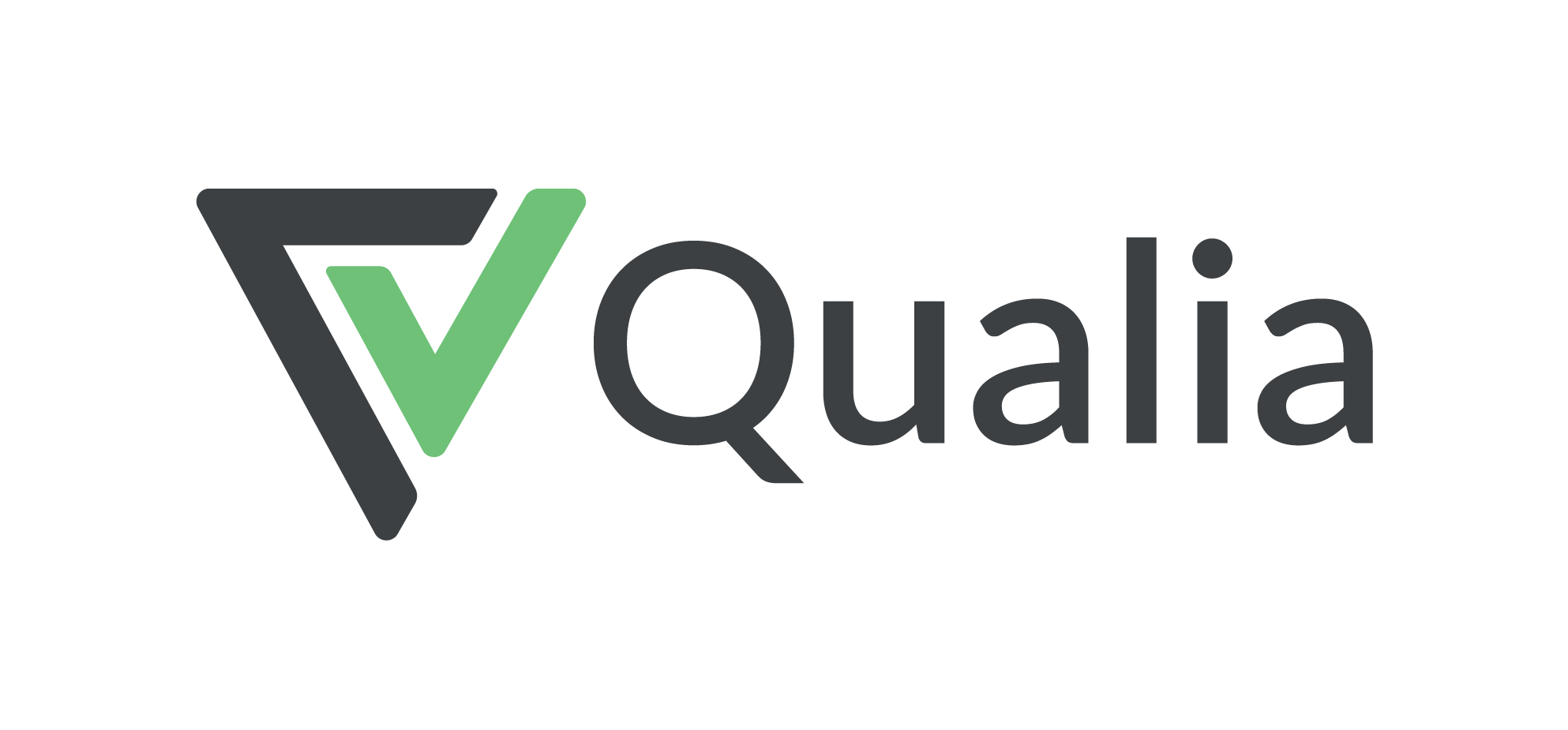By Veronica Nguyen, BeSmartee
Overwhelmed by the rapid advancement of artificial intelligence (AI) technology and its impact on various industries, including the mortgage industry? It’s important not to get caught up in the hype and get worried that it will replace mortgage jobs.
Instead, think about how you can use AI as a tool that can free up time, increase efficiency, and empower loan officers to focus on tasks that truly require their human touch. How? Keep reading.
Effective Communication
In the mortgage industry, effective communication is paramount. Clients often require guidance and reassurance when navigating the complex world of mortgage lending. AI, in this context, can serve as a valuable assistant. AI-powered chatbots and virtual assistants are available 24/7 to provide clients with answers to common questions, offer guidance on the mortgage application process, and even assist in document submissions.
By delegating routine and straightforward interactions to AI, mortgage professionals can redirect their energy toward more complex, nuanced, and relationship-oriented tasks. The human element of providing emotional support, understanding unique client needs, and offering tailored solutions remains irreplaceable and this is why AI should be used as a tool not a human replacement.
Time Savings
One of the most significant benefits of integrating AI into the mortgage industry is the time savings it provides. AI can streamline various aspects of the mortgage application and approval process, making it faster and more efficient.
Tasks such as document verification, data entry, and credit checks can be automated, reducing the time required to process a mortgage application. This not only enhances the customer experience by providing quicker responses but also allows mortgage professionals to handle a larger number of clients simultaneously.
Increase Efficiencies
Efficiency is the name of the game in the competitive world of mortgage lending. AI-driven algorithms can process vast amounts of data and identify trends, risks, and opportunities that might be missed by a human. They can assess an applicant’s creditworthiness, calculate risk, and provide valuable insights that help mortgage professionals make informed decisions.
By integrating AI, mortgage agents can access real-time information and analytics, enabling them to evaluate applications more effectively and offer improved solutions to their clients. This level of efficiency can lead to better conversion rates, improved customer satisfaction, and ultimately, increased business growth.
Moreover, AI can help mortgage professionals stay compliant with constantly changing regulations. It can flag potential issues and errors, reducing the risk of non-compliance and the associated legal and financial consequences.
Should Customers be Concerned About Being Helped by AI?
Loan officers should be educating their customers by AI. complementary tool to increase the visibility of their properties in search results and enhance the overall real estate experience.
AI can assist customers in searching for properties more efficiently. AI-powered algorithms can learn from customer preferences and behavior to recommend properties that align with their needs and desires. This not only saves time but also provides a more personalized home-searching experience.
AI can also help streamline the mortgage application process. Loan officers who use AI tools can guide customers through the application process, making it more straightforward and efficient. These tools can provide a clear understanding of the requirements and documentation needed for a successful mortgage application.
AI should facilitate a heightened human connection between borrowers and loan officers.
Understanding the Borrower’s Needs and Emotions
One of the most significant advantages of human interaction in lending is the ability to understand and empathize with a borrower’s unique circumstances. Loan officers have the capacity to listen, provide guidance, and offer personalized solutions that AI, for all its capabilities, cannot match. Borrowers often bring not only their financial data but also their dreams, aspirations, and concerns to the table. A human loan officer can connect on a deeper level, offering reassurance and support during what can be a stressful process.
Navigating Complex Situations
Lending is not always straightforward. Borrowers may face intricate financial situations, unexpected challenges, or changes in their circumstances. In such cases, a human loan officer’s ability to adapt, provide flexible solutions, and navigate these complexities is invaluable. While AI can process data efficiently, it may struggle to understand the nuances and intricacies of unique borrower scenarios.
Building Trust
Trust is a vital component of the borrower-lender relationship. Borrowers need to have confidence that their loan officer is acting in their best interests. Trust is built through open and transparent communication, and a human loan officer is uniquely qualified to establish and maintain this trust. Borrowers may be more inclined to express their concerns or ask questions when they know there’s a compassionate human on the other end of the line.
Resolving Issues
Despite advancements in AI, there are moments when things do not go as planned in lending. Borrowers may encounter issues with their loans, experience financial hardships, or need to discuss repayment options. In such cases, the human touch becomes indispensable. A human loan officer can provide understanding, work collaboratively to find solutions, and help borrowers navigate challenging situations.
Balancing AI and the Human Touch
The key is not to see AI and the human touch as competing forces, but rather as complementary components in the lending process. AI can handle data analysis, automation, and provide quick responses, while human loan officers can excel in providing empathy, understanding, and personalized guidance. Striking this balance is the way forward for the lending industry.
So, where’s AI really making a difference in the mortgage game today?
For the past ten years, the mortgage industry has been hustling to keep up with the digital lending wave. And now, AI is stepping up to the plate in a big way:
- Smarter Decision-Making: Automation is taking the lead in making quicker and more efficient decisions.
- Data from Every Corner: AI is now capturing and crunching data from all sorts of sources, giving lenders a comprehensive view.
- Sorting Documents Like a Pro: Imagine your paperwork getting organized automatically – that’s what AI is doing with document classification.
- Understanding Language: AI is getting the hang of language nuances, making communication and comprehension smoother.
And that’s just the tip of the iceberg. AI is everywhere, helping create content, design graphics, and even whip up logos. The possibilities seem endless, but here’s the catch – you’ve got to figure out how to weave these advancements into your business without losing that crucial human touch. It’s the sweet spot where tech meets real life.
Conclusion
Artificial intelligence is not here to take away jobs in the mortgage industry, but to make them better. It’s like having a super helpful tool that lets mortgage professionals talk better, work faster, and do their job more easily. As a mortgage lender, do you find these new tools appealing, or are you still uncertain about their value?









